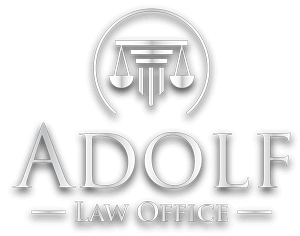Chapter 7 bankruptcy in Fort Wayne, Indiana, provides many individuals with a legal way to get out of debt. The process involves several parties, but the trustee plays the most vital role. The person who assumes this position is in a fiduciary position to handle the matter correctly and fairly.
Trustee responsibilities
When debtors file Chapter 7 bankruptcy, the court assigns trustees to sell their assets to pay their creditors. The United States Bankruptcy Code Section 704 outlines trustee duties.
The trustee must liquidate assets in a way that benefits the debtor and be accountable for all property. He or she should object to improper claims and analyze the debtor’s situation, which includes reviewing bankruptcy petitions and verifying claims. A trustee may also object to the discharge of the debtor in some cases. He or she must provide requested information about the estate to interested parties and submit a final account with the court.
Trustee powers
A trustee’s powers under the code are commonly called avoidance powers, or the “strong arm clause” found in Code 544. These powers can be compared to a real estate buyer or judicial lien creditor.
The trustee has the power to lease or sell assets with notice. Once he or she has notice, the trustee doesn’t need the authorization to make a transaction. He or she has a right to dismiss bankruptcy cases if the debtor fails to pay the mandatory fees or file the required information.
Section 547 provides the trustee with the authority, in some cases, to recoup a debt paid by the debtor or a transferred asset within 90 days before the bankruptcy filing. This ensures that one creditor does not have an advantage over another.
For example, a debtor may choose to pay off a preferred creditor to keep using the service. The trustee could ask for that amount back, so the money can be divided fairly among other creditors.
While debtors can file the paperwork themselves, bankruptcy law can be complex. An attorney may be able to help someone navigate the case for the best results.




